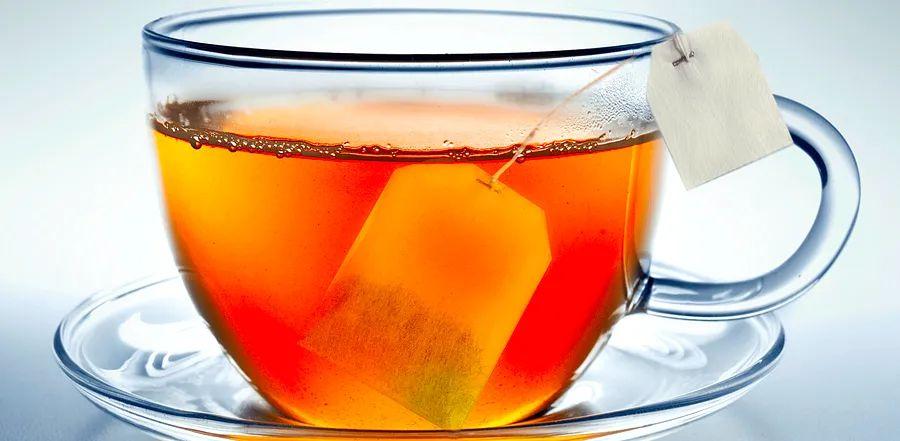What Makes Tea Cause Nausea?

Have you ever felt nauseous or even thrown up after drinking tea? You're not alone. Even habitual tea drinkers can experience nausea. Interestingly, this doesn't depend on the type of tea or whether it's hot or cold. The culprit is likely tannin, a compound present in all teas. Tannin is a bitter organic substance, often associated with wine tastings, where it gives the drink its dry, puckering taste. Like wine, tea also contains tannin, and consuming it, especially on an empty stomach, can trigger nausea.
But why is tannin in tea in the first place? Tannin is a natural compound known for its antibacterial properties. It’s most concentrated in black tea, where it contributes to the distinct bitter flavor. When tea brews for more than a couple of minutes, the tannin from the leaves infuses into the liquid. The longer the brew, the higher the tannin content. To reduce tannin and prevent nausea, consider brewing your tea for a shorter time at a lower temperature.
Another tip is to add milk to your tea. Milk binds to tannin, reducing its nausea-inducing effects. And the most important trick of all: make sure you've had something to eat before sipping your tea. This helps prevent an empty stomach from triggering discomfort. Or, follow the British tradition and enjoy your tea with biscuits for an extra cushion.
Tips for Easing Tea-Related Nausea
If you're feeling nauseous after drinking tea, here are some remedies that may help you feel better.
1. Try eating a slice of bread or other starchy foods like rice for quick relief.
2. Consume ginger, either by chewing a small piece directly from the root (don't swallow it) to alleviate nausea.
3. Mix half a teaspoon of baking soda into a cup of water and sip slowly for relief.

1

2

3

4

5
Evaluation :
5/5